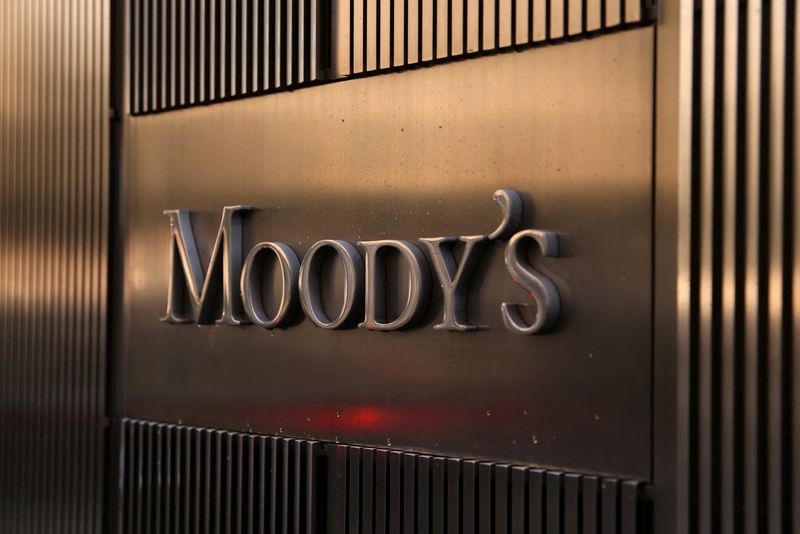LONDON (Reuters) – It is too early to say whether Israel’s ceasefire deal with Hezbollah in Lebanon has “significantly and sustainably” reduced the risk that prompted Moody’s (NYSE:) to downgrade Israel’s credit rating, the agency said on Thursday .
Israel agreed to a ceasefire deal with the Iran-backed Hezbollah earlier this week, bringing relief as tensions appear to be cooling more than a year after the war in Gaza began.
“It is too early to say whether these risks will be significantly and sustainably reduced,” Moody’s said.
The agency downgraded Israel’s credit rating from A2 to Baa1 in September.
Earlier on Thursday, ratings agency Fitch said the ceasefire could limit pressure on Israel’s credit profile.
Israeli government bonds, which have been under pressure during the war, rose after the ceasefire took effect on Wednesday, while Lebanon’s deeply distressed bonds also got a boost.
Moody’s maintained a negative view on Israel’s rating following the September downgrade, which came amid an escalation of conflict in the region, warning that uncertainties over the country’s security and economic growth prospects more reductions were possible in the longer term.

It also said on Thursday that while geopolitical risks “appear to have partially abated”, domestic political risks remained.
“In our view, the Israeli government is pursuing policies that contribute to already high social tensions in the country,” the report said, citing controversial judicial reforms and attempts to permanently exempt ultra-Orthodox from military service.


